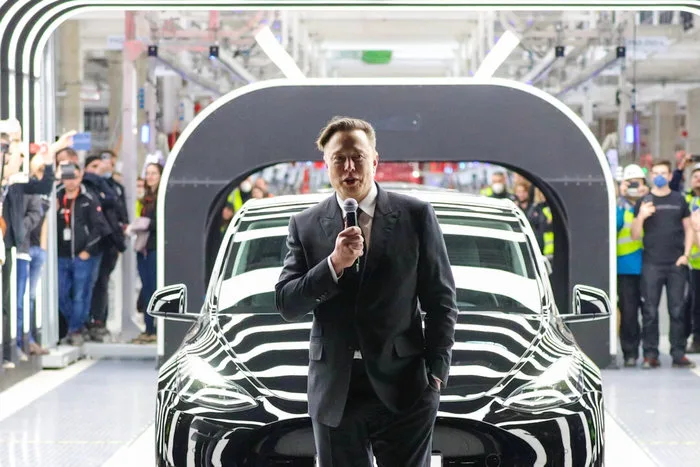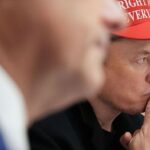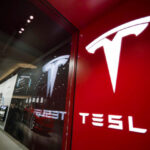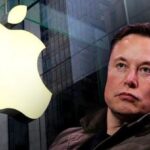By Austin Alonzo
Tesla shareholders approved CEO Elon Musk’s historic pay package on Nov. 6, potentially making him the world’s first trillionaire if all performance targets are met.
On Nov. 6, the results of the executive pay vote were announced during the technology company’s annual general meeting at the Tesla Gigafactory in Austin, Texas. With more than 75 percent of the vote, the measure was approved by the shareholders.
The 2025 CEO Performance Award grants Musk up to 423.7 million shares over the next decade. The compensation is tied to ambitious operational and market capitalization milestones.
The full value of the plan is estimated at nearly $1 trillion, contingent on Tesla reaching a market capitalization of $8.5 trillion by 2035. The company is currently valued at about $1.5 trillion based on the total value of the company’s outstanding shares.
The package is structured in 12 tranches. Each is linked to both market capitalization and operational objectives. These goals include delivering 20 million vehicles, securing 10 million full self-driving subscriptions, producing 1 million humanoid robots, and operating 1 million robotaxis.
Supporters emphasized Musk’s critical role in Tesla’s growth beyond electric vehicles into autonomous systems and artificial intelligence. In open letters, notable supporters, including Ron Baron, founder of Baron Capital, and Dennis Lynch, head of Counterpoint Global, said Musk’s vision and execution are central to Tesla’s long-term success.
Opponents expressed concern over the package’s size, the dilution of shareholder value, and the large concentration of voting power the plan grants to Musk. Proxy advisory firms ISS and Glass Lewis recommended a vote against it. Norway’s sovereign wealth fund, which holds about 1 percent of Tesla, also opposed the plan.
The approval was aided by Musk’s ability to vote with his current 15 percent stake in the company under Texas law. This gave him significant influence over the outcome.
Ahead of the vote, Tesla’s board, led by Chair Robyn Denholm, warned that Musk could pursue other ventures if the plan was rejected.
In an appearance on “The All-In” podcast on Nov. 1, Musk said the plan was more about consolidating his influence over the direction of the company rather than direct, financial compensation. He said his aim is to control about 25 percent of the voting power.
At about 3 p.m. on Nov. 6, an hour ahead of the scheduled shareholder meeting, shares of Tesla were trading at about $448 per share. That was roughly a 3 percent decline from the opening bell price of $461.96 per share.
While the 2025 compensation issue is now closed, the previous executive pay arrangement agreed upon in 2018 remains in question. In 2024, a ruling in the Delaware Court of Chancery invalidated the 2018 pay plan on the grounds that Musk had undue influence over the company’s board.
Tesla has since appealed the Delaware ruling and awarded Musk with Tesla stock that is currently worth about $40 billion. However, at the current market price, the 2018 pay plan would be worth about $128 billion.






